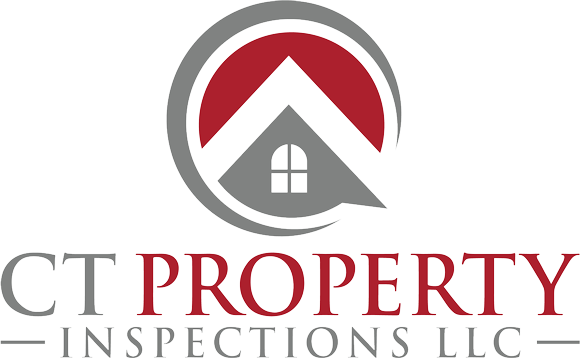contact us for further assistance
how can we help you?
contact us for further assistance
how can we help you?
The purchase of a home is probably the largest single investment you will ever make. You should learn as much as you can about the condition of the property and the need for any major repairs before you buy, so that you can minimize unpleasant surprises and difficulties afterwards. Of course, a home inspection also points out the positive aspects of a home, as well as the maintenance that will be necessary to keep it in good shape. After the inspection, you will have a much clearer understanding of the property you are about to purchase.
If you are already a home owner, a home inspection may be used to identify problems in the making and to learn preventive measures which might avoid costly future repairs. If you are planning to sell your home, you may wish to have an inspection prior to placing your home on the market. This will give you a better understanding of conditions which may be discovered by the buyer’s inspector, and an opportunity to make repairs that will put the house in better selling condition.
The inspection fee for a typical one-family house varies geographically, as does the cost of housing. Similarly, within a given area, the inspection fee may vary depending upon the size of the house, particular features of the house, its age, and possible additional services, such as septic, well, or radon testing. It is a good idea to check local prices on your own.
However, do not let cost be a factor in deciding whether or not to have a home inspection, or in the selection of your home inspector. The knowledge gained from an inspection is well worth the cost, and the lowest-priced inspector is not necessarily a bargain. The inspector’s qualifications, including his experience, training, and professional affiliations, should be the most important consideration.
No. A professional home inspection is an examination of the current condition of your prospective home. It is not an appraisal, which determines market value, or a municipal inspection, which verifies local code compliance. A home inspector, therefore, will not pass or fail a house, but rather describe its physical condition and indicate what may need repair or replacement.
The American Society of Home Inspectors® (ASHI®) is the oldest and leading non-profit professional association for independent home inspectors. Since its formation in 1976, ASHI’s “Standards of Practice” have served as the home inspector’s performance guideline, universally recognized and accepted by professional and government authorities alike. Copies of the Standards are available free from ASHI. ASHI’s professional Code of Ethics prohibits Members from engaging in conflict of interest activities which might compromise their objectivity.
A home inspector is typically contacted right after the contract or purchase agreement has been signed, and is often available within a few days. However, before you sign, be sure that there is an inspection clause in the contract, making your purchase obligation contingent upon the findings of a professional home inspection. This clause should specify the terms to which both the buyer and seller are obligated.


